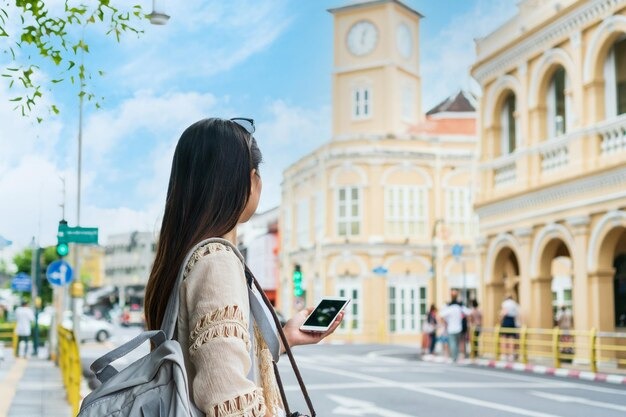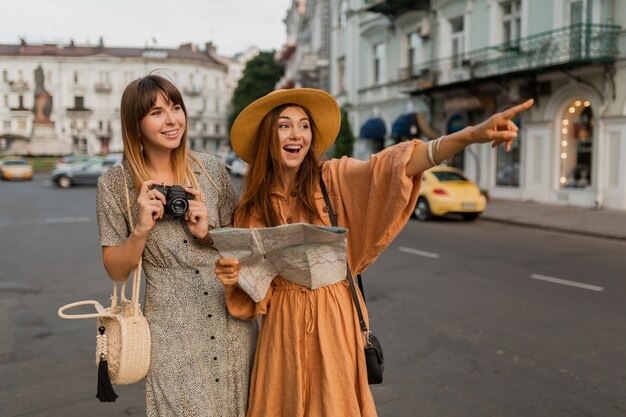The Psychology Behind Travel Choices
Traveling is more than just a way to escape the daily grind; it’s a deeply personal experience shaped by a complex interplay of psychological factors. From the destinations we choose to the activities we prioritize, our travel decisions reveal much about our personalities, values, and emotional needs. Understanding the psychology behind these choices can help us make more intentional and fulfilling travel plans.
1. The Role of Personality in Destination Selection
Our personalities play a significant role in determining where we travel. For instance, extroverts often gravitate toward bustling cities or social destinations where they can interact with others, such as New York City or Rio de Janeiro. These travelers thrive on energy, excitement, and the opportunity to meet new people.
On the other hand, introverts may prefer serene, isolated locations like Iceland’s remote landscapes or a quiet cabin in the woods. These settings provide the solitude and tranquility they need to recharge. Understanding your personality type can help you choose destinations that align with your natural inclinations, ensuring a more enjoyable trip.
Example: The Adventure Seeker vs. The Relaxation Enthusiast
Consider two travelers: Sarah, an adventure seeker, and John, a relaxation enthusiast. Sarah might opt for a hiking expedition in Patagonia, drawn to the thrill of physical challenges and the beauty of untouched nature. John, however, might choose a luxury resort in Bali, prioritizing comfort, spa treatments, and leisurely beach days. Both choices reflect their core desires and needs.
2. The Influence of Emotional Needs
Travel often serves as a way to fulfill emotional needs. For some, it’s about finding joy and excitement; for others, it’s a means of healing or self-discovery. A person recovering from a breakup might seek solace in a spiritual retreat, while someone celebrating a milestone might choose a vibrant party destination like Las Vegas.
Recognizing the emotional motivations behind your travel plans can help you select experiences that truly resonate with you. For example, if you’re feeling burnt out, a wellness retreat focused on mindfulness and relaxation might be more beneficial than a fast-paced city tour.
Example: The Healing Journey
After a difficult year, Emma decided to travel to Nepal to participate in a meditation retreat. The serene environment and focus on introspection allowed her to process her emotions and regain a sense of inner peace. Her choice was driven by a need for emotional healing, showcasing how travel can be a powerful tool for personal growth.
3. Cultural Curiosity and the Search for Meaning
Many travelers are motivated by a desire to learn about different cultures and expand their horizons. This curiosity often leads to immersive experiences, such as staying with local families, participating in traditional ceremonies, or exploring historical landmarks.
For these travelers, the destination is less about luxury or relaxation and more about gaining a deeper understanding of the world. If this resonates with you, consider prioritizing destinations rich in culture and history, such as Kyoto, Japan, or Marrakech, Morocco.
Example: The Cultural Explorer
Mark, an avid history buff, chose to visit Athens to explore its ancient ruins and museums. His trip was filled with guided tours, archaeological sites, and conversations with local historians. For Mark, travel was a way to connect with the past and enrich his knowledge of human civilization.
4. The Impact of Social Influences
Social factors, such as recommendations from friends, family, or social media, can significantly influence travel choices. A glowing review from a trusted friend might inspire you to visit a hidden gem, while Instagram-worthy photos could draw you to a trending destination.
While these influences can be helpful, it’s important to ensure that your choices align with your personal preferences. Avoid falling into the trap of visiting a place solely because it’s popular; instead, focus on what truly appeals to you.
Example: The Social Media Effect
After seeing countless posts about Santorini’s iconic blue-domed churches, Lisa decided to book a trip to the Greek island. While the destination was stunning, she found that the crowds and commercialization detracted from her experience. Reflecting on this, Lisa realized she would have preferred a quieter, less-touristed location.
5. Practical Considerations and Psychological Comfort
Practical factors, such as budget, time constraints, and safety, also shape travel decisions. These considerations often interact with psychological comfort levels. For example, a traveler on a tight budget might opt for a staycation or a nearby destination, prioritizing financial security over adventure.
Understanding your comfort zones and limitations can help you make realistic and stress-free travel plans. If you’re uncomfortable with long flights, for instance, choosing a closer destination might enhance your overall experience.
Example: The Budget-Conscious Traveler
Tom, a recent college graduate, wanted to travel but had limited funds. Instead of an international trip, he explored nearby national parks, embracing the beauty of his own country. This choice allowed him to satisfy his wanderlust without compromising his financial stability.
Conclusion: Making Intentional Travel Choices
Travel decisions are deeply rooted in psychology, influenced by personality, emotions, cultural curiosity, social factors, and practical considerations. By reflecting on these elements, you can make more intentional choices that align with your needs and desires. Whether you’re seeking adventure, relaxation, or cultural enrichment, understanding the psychology behind your travel choices can lead to more meaningful and fulfilling experiences.



